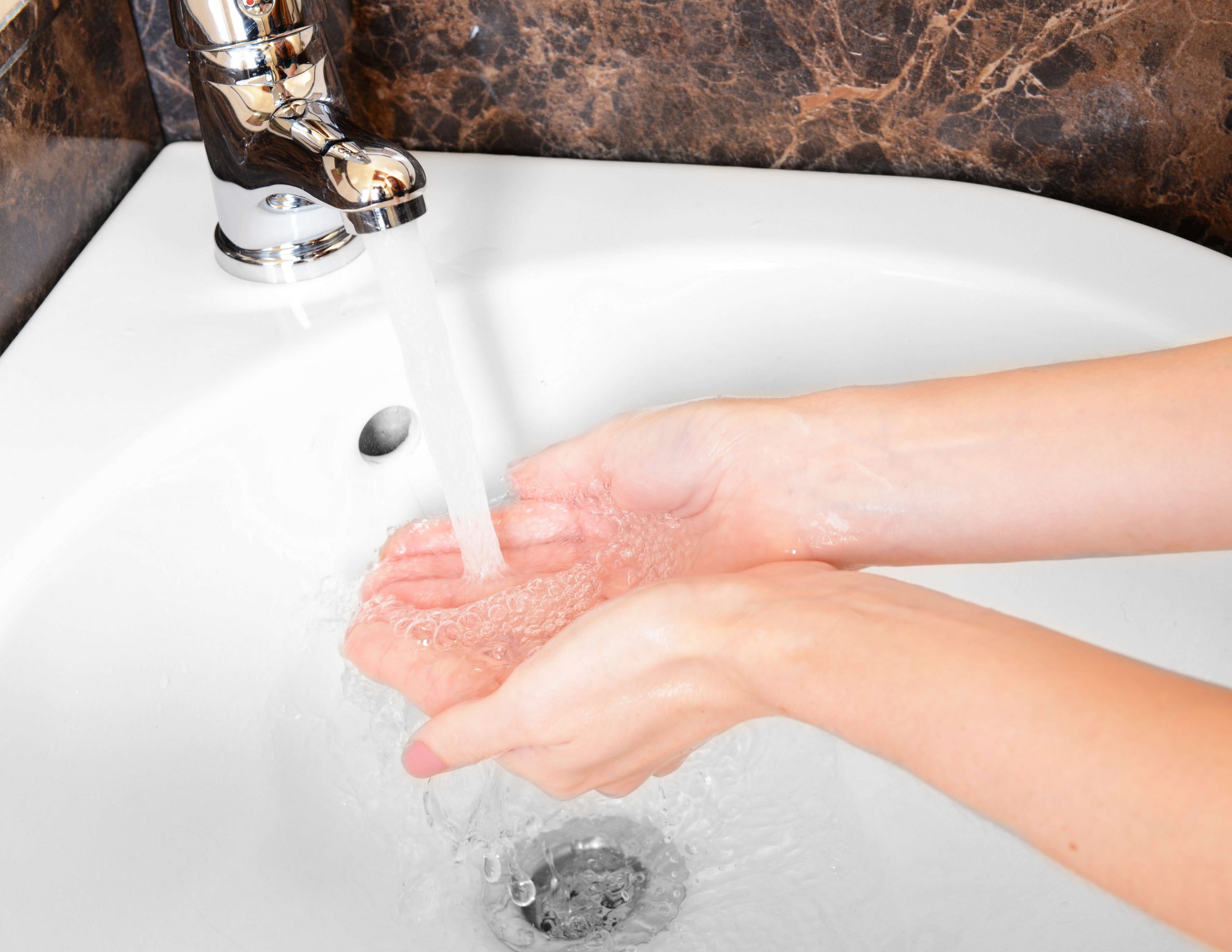How to Avoid Plumbing Problems Over the Holidays

Whether it’s a busted pipe or a clogged drain, plumbing problems always seem to arrive at the worst possible time. With the holidays coming up, it’s important to evaluate your plumbing system and come up with a plan to avoid common plumbing problems associated with get-togethers and celebrations.
To help get your home ready for the holidays, family, and friends, we’re sharing a few tips on how to avoid common plumbing problems.
1. Annual Professional Plumbing Inspection
No matter what kind of plumbing system you have, we highly recommend annual professional maintenance. Regular professional maintenance will increase plumbing efficiency, reduce the chance of plumbing problems, and extend the lifespan of your plumbing pipes and fixtures. It’s a no-brainer.
As a Fix-It Green Club member, you will receive a comprehensive plumbing inspection every year as long as you are a member.
Our precision plumbing tune-up includes:
- Test and inspect water heater operation and components
- Flush and drain water heater to remove sediment
- Inspect all pipes and water connections
- Inspect all accessible drains and drainage
- And more!
With our plan, you will receive annual precision plumbing tune-up as well as front of the line scheduling and additional deals and discounts.
Plumbing problems may seem to happen overnight, but they normally take a while to develop. With regular plumbing maintenance, you can keep preventing those leaks and clogs before they happen. Contact Fix-It 24/7 for professional plumbing maintenance in the Denver Metro Area.
2. Clogged or Damaged Garbage Disposal
When guests are over and food is involved, there’s a chance something may accidentally get put down the garbage disposal. Some garbage disposals are better than others and guests may not know what yours can or cannot handle.
Here are some things that should never go down the garbage disposal:
- Large amounts of any kind
- Fats, oils, and grease
- Coffee grounds
- Pasta or rice (expandable foods)
- Check your owner’s manual for a full list
If you have any doubts about whether something should go in the disposal or not, it’s better to be safe than sorry. When in doubt, throw it out.
3. Clogged Toilet
There’s a simple rule to follow when it comes to preventing toilet clogs and other related plumbing problems: only flush toilet paper and human waste.
Everything else belongs in the trash. Do NOT flush any of the following items down the toilet:
- Baby wipes/wet wipes (not even if they say “flushable”)
- Feminine hygiene products
- Floss
- Cotton balls
- Q-tips
- Diapers
- Medications
- Cigarettes
- Paper towels
- Tissues
- Paint
- Bandages
- Pet excrement
- Fish and animals, alive or dead
- Hazardous waste
During the holidays and any large gathering, it’s a good idea to follow these precautions to make sure nothing accidentally gets flushed down the toilet.
- Remove anything that could accidentally fall into the toilet.
- Empty the wastebasket and leave it near the toilet.
- Leave a clean plunger by the toilet (flange plungers work best).
- Consider removing any items from the drawers or medicine cabinet you don’t want your guests to see.
- Consider displaying a sign asking guests to only use toilet paper.
In addition to making sure you have a plunger, it’s a good idea to test it to make sure it works. Place the suction cup over the drain opening and push the handle up and down. If it isn’t creating a seal and suction effect, it may be dried out or have a hole in it.
4. Know Where and How to Turn Off the Water Supply
Being able to locate and shut off individual and main water shut-off valves is something every homeowner should know. If there’s a leak or you need to make any plumbing repairs, it’s important to turn the water off.
The main water valve shuts off all the water to your home. You will usually find it just inside the basement near the water meter or water heater. Sometimes, it will be located outside in a cement box buried in the ground near the front curb.
Individual (aka “isolation”) water shut-off valves are located near in various locations throughout the home, usually near the main plumbing fixture. For instance, you can find isolation shut-off valves underneath sinks and toilets. Simply turn the knob or handle clockwise to turn the water off to the plumbing fixture alone.
Don’t wait until disaster strikes to find your water shut-off valves. It’s a good idea to find and test your water shut-off valves now to avoid a disaster later.
5. Winterize Outdoor Faucets
Disconnect all hoses from any outdoor faucets and store them for winter. Locate the outdoor faucet’s indoor shut-off valve and turn it off completely. Next, go back outside and turn on all faucets to drain them of water completely. Leave the faucet turned on for winter. For added protection, you can use an insulated faucet cover.
You may also want to add pipe insulation sleeves to your indoor pipes to insulate hot water lines and help prevent pipes from freezing.
Common Plumbing Problems
- Dripping Faucets
- Low Water Pressure
- Running Toilet
- Leaky Pipes
- Slow or Clogged Drains
We would like to wish you all a wonderful holiday season and happy New Year! Don’t let your plumbing system get in the way of enjoying this time with friends and family. Get your plumbing system professionally inspection and tuned up to avoid common plumbing problems!
If an unexpected plumbing emergency occurs, don’t hesitate to contact Fix-It 24/7, day or night. Our experienced team of plumbing professionals have seen it all.
Fix-It 24/7 Plumbing, Heating, Air & Electric provides reputable plumbing services to the Denver Metro Area. Call us now at (303) 214-0277 or schedule service online. We’re open 24/7.
Service You Can Count On
We came from humble beginnings, having started as just a small family
business. And while we’ve experienced growth, Fix-It 24/7






